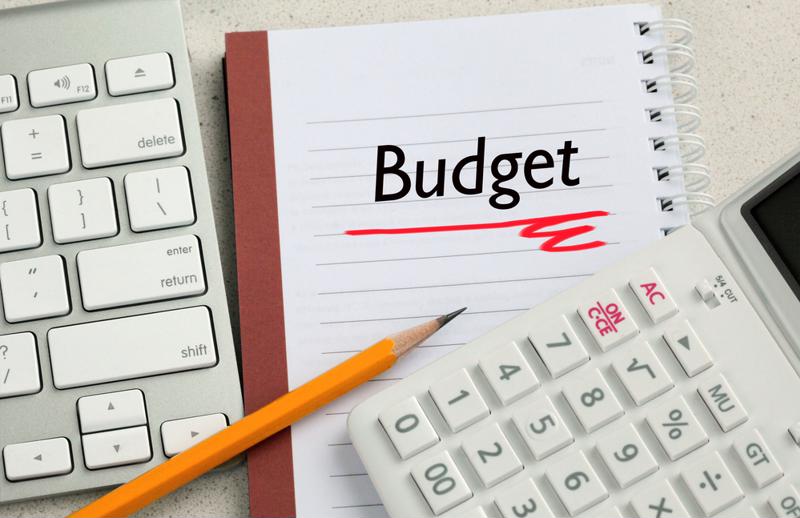Your personal finances only go so far when paying for your small business. You may have to take out commercial loans or borrow from family members. Suppliers may be willing to give you an extension on bills. If you're a great tenant, your landlord may even offer a little leniency. However, you're eventually going to have to pay that all back. If you don't go about it the right way, there could be consequences. Doing it correctly the first time will leave you and your company in good shape.
1. Make a budget
Loans can be tremendous help when you're starting out. However, they accrue interest over time, which means you may be paying significantly more than you want if you wait too long. Make a budget from the start to help you manage your finances, the Houston Chronicle suggested. When you have all your expenses and income organized in one location, you'll find it much easier to keep track of where your money is going. Cut down on unnecessary spending and live frugally until your debt is paid off.
 Budgeting ensures that you keep up on your payments with everyone, from suppliers to the bank.
Budgeting ensures that you keep up on your payments with everyone, from suppliers to the bank.2. Communicate with your suppliers and lenders
The worst thing you can do is completely avoid the people you owe money to. You're going to appear unprofessional and unreliable, and it could cause more problems than you need or want. What you should do is let them know what's going on, Debt.org recommended. If you're open and honest, they may be willing to work out a payment plan with you to ease the financial burden. While you'll still have to pay them all eventually, communicating with your lenders and suppliers may buy you some time.
3. Avoid credit as much as possible
Credit cards have gotten most people out of a jam at one point or another. However, they can be just as dangerous as they are helpful. They can lead you into a false sense of security, and you may end up spending more than you can afford, the Chronicle explained. Pay off your small debts and close those accounts. Then, try to pay in cash as much as possible. When you're only spending the money you know you have, you're more likely to manage your business banking better.
"Keep your emergency fund fully stocked in case you can't make a payment one month."
4. Don't rush payments
While you may want to pay off your debt as fast as possible, that could end badly. If business is slow, you can land yourself in trouble. Instead, make payments every month until you've eliminated your debt. While it doesn't have to be the minimum, your payments don't have to be exorbitant. Pay what you can. If it varies, don't worry. You should keep your emergency funds fully stocked just in case, Fox Business suggested. If you try to use that money to pay off your debt, you could wind up with no cash for other bills.
5. Keep track of your situation
As time passes and business is booming, you may find that your financial status has changed. The payment plans you had established in the past may not be the best methods now, Entrepreneur explained. If you've been paying on time, your credit score might have improved. This could lead to better interest rates and deals with your lenders. You may also be able to find new assets that could help you cover your debt. After you've been in business for a while, your money status will be different from when you started out.
While debt can seem like a grey cloud hanging over your head, it doesn't have to be that way. Loans can help you set out on your own, and, if you learn how to manage your money, you'll be able to take care of your payments in no time.


